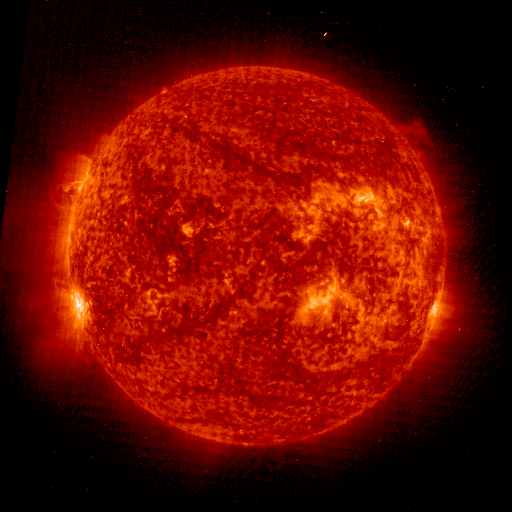|
|
Space Weather

Your will find links to pages for the newest
information and prediction for space weather and for
shortwave propagation.
Click on image to follow the link
►
Collection of propagation information gathered from many different sources
(SFI, k, A, Solar Wind, Solar Flares, NOAA Sunspot #, GOES X-Ray Flux, MUF,
Aurora, etc.)
Real Time Infomation collected from
Space
Weather Prediction Center
D Region Absorption
Prediction
The D-Region
Absorption Product addresses the operational impact of the solar X-ray
flux and SEP
events on HF radio communication.
Long-range communications using high frequency (HF) radio waves (3 -
30 MHz) depend on reflection
of the signals in the ionosphere. Radio waves are typically reflected
near the peak of the F2 layer
(~300 km altitude), but along the path to the F2 peak and back the
radio wave signal suffers
attenuation due to absorption by the intervening ionosphere.
The D-Region
Absorption Prediction model is used as guidance to understand the HF
radio
degradation and blackouts this can cause.
GOES Solar X-Ray
X-ray photons travel at the speed of light
and are the first indication we receive at Earth of solar
magnetic eruptions and the associated flares.
These flare related X-rays cause changes to the Earth’s ionosphere and can
result in significant
degradation of radio communications, including complete black outs at some
frequencies, beginning
only 8 minutes (time for light to travel from the Sun to Earth) after a flare.
ACE Real Time Solar Wind
The NASA Advanced Composition
Explorer (ACE) satellite enables SWPC to give advance
warning of geomagnetic storms.
Geomagnetic storms are a natural hazard, like hurricanes and tsunamis,
which the National
Oceanic and Atmospheric Administration (NOAA) Space Weather Prediction
Center (SWPC)
forecasts for the public's benefit. Geomagnetic storms impact the
electric power grid, aircraft
operations, GPS, manned spaceflight, and satellite operations, to name
some of the most damaging.
Severe geomagnetic storms can result in electric utility blackouts
over a wide area.The
location of ACE at the L1 libration point between the Earth and the
Sun, about 1,500,000 km
forward of Earth, enables ACE to give up to one hour advance warning
of the arrival of damaging
space weather events at Earth. SWPC issues warnings of imminent
geomagnetic storms using these data.
Solar Visible Light
Relation to Propagation Conditions
|
k |
0 |
1 |
2 |
3 |
4 |
5 |
6 |
7 |
8 |
9 |
|
A |
0 |
3 |
7 |
15 |
27 |
48 |
80 |
140 |
240 |
400 |
Geomagnetic
ActivitiesDX-Conditions |
quiet
very good
|
unsettled
good
|
active
medium |
minor storm
bad |
major, severe storm
very bad |
|
Table 3.3 - Radio Blackouts |
|
Peak x-ray level and flux |
Radio Blackout level |
|
M1 and (10-5) |
R1 |
|
M5 and (5 x 10-5) |
R2 |
|
X1 and (10-4) |
R3 |
|
X10 and (10-3) |
R4 |
|
X20 and (2 x 10-3) |
R5 |
|




